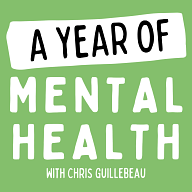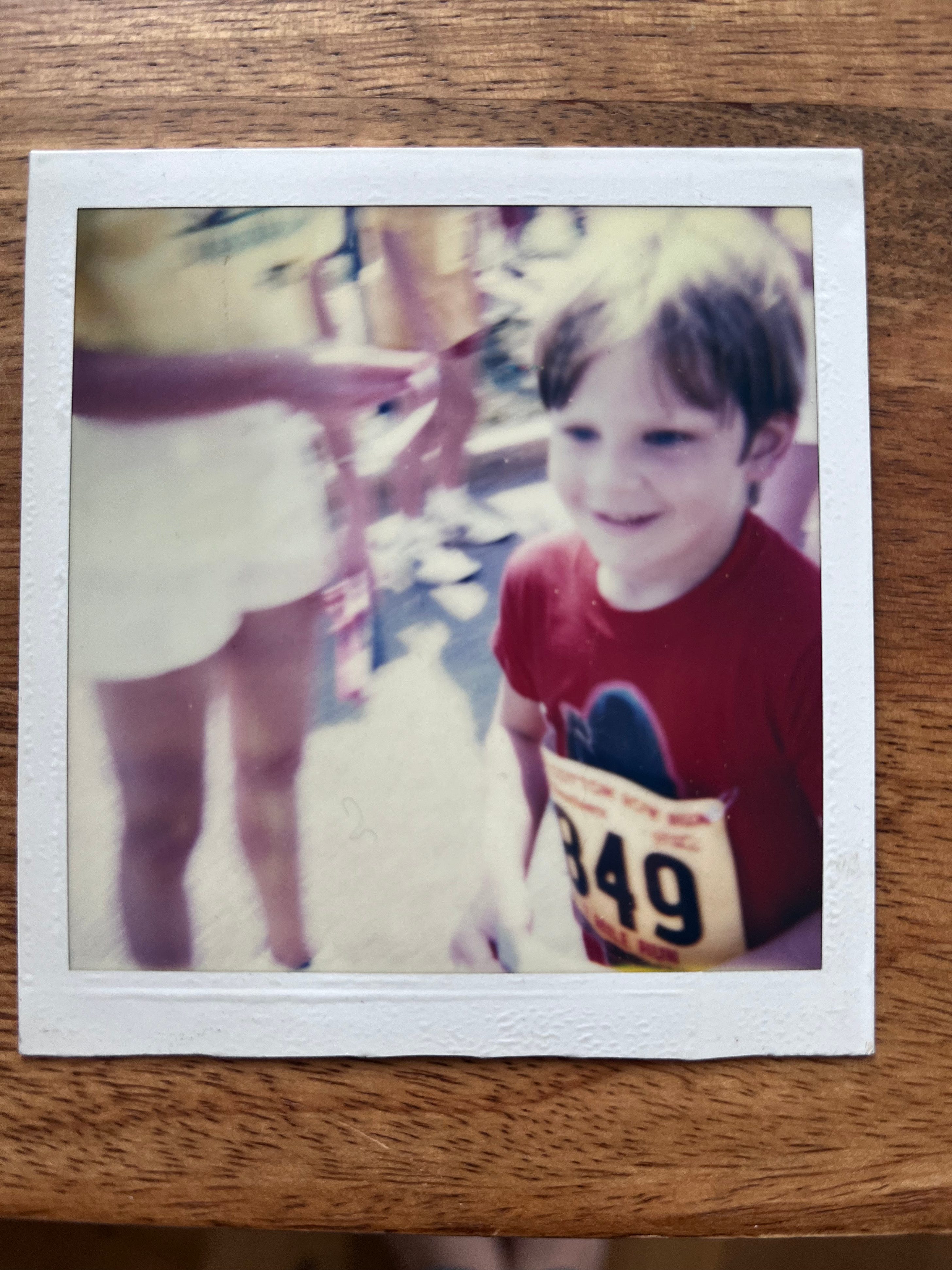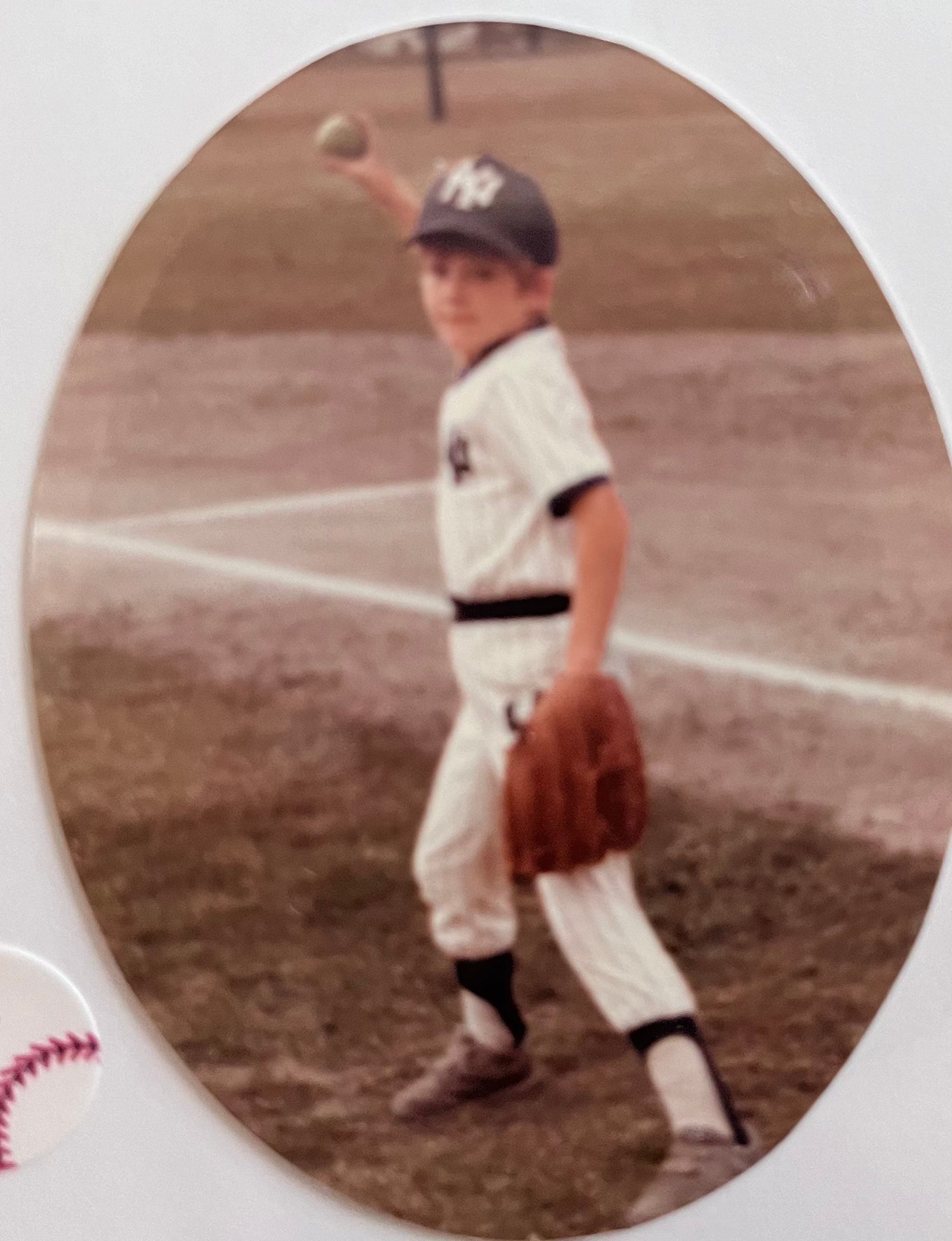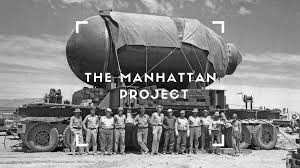Coming up on Sunday, March 10th: I’ll be a guest on Susan Cain’s Candlelight Chat! Susan is a longtime friend and the bestselling author of Quiet and Bittersweet. Upgrade to any paid subscription to join in. You can also follow me on Instagram, LinkedIn, or check out my books wherever you like to shop. In this post: how child development affects your whole life, complete with brief allusions to shoplifting and arson, and an example of something I’ve been un-learning. Here’s one view of childhood. Being a kid means you exist in an idyllic stage of development. Creativity and curiosity are core values. Play is central. Question-asking is encouraged, even expected. It’s a time to learn, explore, and grow. It’s supposed to be FUN! According to this perspective, children possess the innate values of play and curiosity, fearlessly exploring the world as it unfolds. Adults sometimes lack these values, so it can be helpful to rediscover and nurture them. It’s a nice perspective, for some people. But of course, not everyone has such an idyllic time growing up—and whatever you learned during this stage affects you far into the future. Consider these typical “lessons of childhood”: Childhood is a time for play.What if you weren’t allowed to play? What if play was strictly a reward, something doled out in exchange for good behavior? (Perhaps this taught you that you need to earn the right to relax or have fun, a belief that many adults have internalized.) Or what if the kind of play you liked was discouraged? What if you had parents or guardians who decided which playtime activities were acceptable? (Perhaps this taught you to adapt your preferences to please the adults around you, another belief that many people go on to reproduce throughout their lives.) When you feel scared, ask for help and adults will take care of you.What if the people you looked to for comfort didn’t provide it? What if they made fun of you for being afraid? Or even—what if your guardians were themselves unreliable or unsafe? In all of these situations, you learn what happens when you ask for help. Sometimes, the lesson is: you can ask, but don’t expect much. Other times, the lesson is: don’t ask. Children are adaptable and can easily “bounce back.”This can be true and false. Yes, kids are resilient. But also—just because we can adapt to something doesn’t mean we are left unchanged. In fact, the survival strategies you learn will become deeply embedded, following you for long years into the future.
This is entirely logical behavior, and a direct consequence of a less-than-idyllic childhood. If you couldn’t fully trust someone as a child, why would you do so as an adult? Six-Year-Old ChrisI started thinking more about my childhood when I began going to therapy at age 36. One of the approaches my therapist used was to get me in the headspace of my childhood self. Sometimes, when we were discussing a present-day challenge, she would ask questions like:
(The age she chose the most was six years old, though it sometimes varied. I don’t remember anything before the age of five, and I have much stronger memories from a few years later.) Childhood Chris had a weird mix of fearlessness and constant fear. It’s funny to think of it now. I wasn’t afraid of burning down an abandoned house at age 12. I had a mini-shoplifting ring around the same time. Looking back, I kind of feel proud of those times? You’re supposed to express regret about such things, once you’re “all grown up,” but I’m not sure I would overwrite most of my juvenile delinquent stage. Still, the external behavior was no doubt connected to internal strife. When I wasn’t breaking into cars as a pre-teen, I also cried myself to sleep a lot. I was constantly scared and worried. I didn’t think about anxiety because I didn’t know the word, I just always felt anxious. Hypervigilant. When I was motivated to do something, I’d work really hard at it. When I wasn’t motivated, it was extremely difficult to see it through, or even to get started. (This, of course, is a classic ADHD / OCD / PTSD characteristic.) I also fixated a lot. I took rejection extremely seriously. I put a lot of effort into avoiding situations that seemed difficult. No conflict was minor. The stakes always felt high. A brief pause before we go on…. What can you learn when looking back like this? How did the experiences of Child You affect the way you experience the world now? You might notice patterns that you can trace to this time—or even if you’re not sure of the origin of these patterns, you might notice their presence at a young age. Notice as well, though, what you can admire about this younger version of yourself. As I explained in this short video, our younger selves are often braver and more courageous than the adult versions of ourselves. The takeaway of that lesson is: I wouldn’t go back and give advice to my younger self. I would go back and ASK for advice. So before we proceed, take a moment to feel compassion for Child You. Being a kid is hard! Even if you were relatively privileged and well-off. You made it through a lot of trials and difficulties, some of which probably went unseen by the adults around you. Good job! You’re a survivor. What Do You Need to Unlearn?Now consider if you’d change anything from your examination. If your childhood was anything less than idyllic, maybe you learned something that you now need to un-learn. One classic example is threat perception. If you didn’t always feel safe as a child—and especially if feeling unsafe was somewhat routine—you have probably internalized something about that experience that is still with you now. For me, I learned to be suspicious and defensive. Because I internalized a belief that there are no small conflicts, and that the stakes are always high, minor confrontations can escalate quickly. I carried this response pattern well into adulthood. Never back down from a fight, I tell myself. But sometimes, of course, it’s much smarter to back down. Never backing down is not an aspirational quality. So this is something I have to unlearn. I can do that—or at least, I can begin the process—simply by recognizing this fact. The pattern of always fighting back does not serve me well! The next time I find myself in a confrontation, I can remind myself that choosing to deescalate is a viable option—frequently even the best option. No doubt the unlearning will be a process, and some degree of “two steps forward, one step back” will take place. But now I can identify a) the origin of a pattern, and b) how this pattern is not always useful to me now. These are a few things I think about when I consider the child version of myself, and what I can learn (as well as what I should un-learn) from him now. What can you learn from your six-year-old self?Conversation Starters1. What can you learn from six-year-old you? 2. Favorite childhood books? A few of mine: Too Much Noise, The Monster at the End of the Book, and The Butter Battle Book. 3. A memory that feels complicated: somewhat happy and somewhat sad (or anything in between). You're currently a free subscriber to 🌻 A Year of Mental Health. For the full experience, upgrade your subscription. |
Monday, March 4, 2024
Lessons From Your Six-Year-Old Self
Subscribe to:
Post Comments (Atom)
-
insidecroydon posted: " Become a Patron! What's on inside Croydon: Click here for the latest events listing...





No comments:
Post a Comment